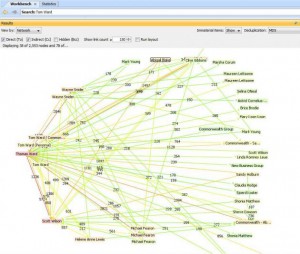How ICIJ’s Project Team Analyzed the Offshore Files
- Government officials and their families and associates in Azerbaijan, Russia, Canada, Pakistan, the Philippines, Thailand, Mongolia and other countries have embraced the use of covert companies and bank accounts.
- The mega-rich use complex offshore structures to own mansions, yachts, art masterpieces and other assets, gaining tax advantages and anonymity not available to average people.
-

Click on Image to Enlarge Many of the world’s top’s banks – including UBS, Clariden and Deutsche Bank – have aggressively worked to provide their customers with secrecy-cloaked companies in the British Virgin Islands and other offshore hideaways.
- A well-paid industry of accountants, middlemen and other operatives has helped offshore patrons shroud their identities and business interests, providing shelter in many cases to money laundering or other misconduct.
- Ponzi schemers and other large-scale fraudsters routinely use offshore havens to pull off their shell games and move their ill-gotten gains.
EXTRACT
The major software tools used for the Offshore Project were NUIX of Sydney, Australia, and dtSearch of Bethesda, Md. NUIX Pty Ltd provided ICIJ with a limited number of licenses to use its fully featured high-end e-discovery software, free of charge. The listed cost for the NUIX software was higher than a non-profit organization like the ICIJ could afford, if the software had not been donated.



